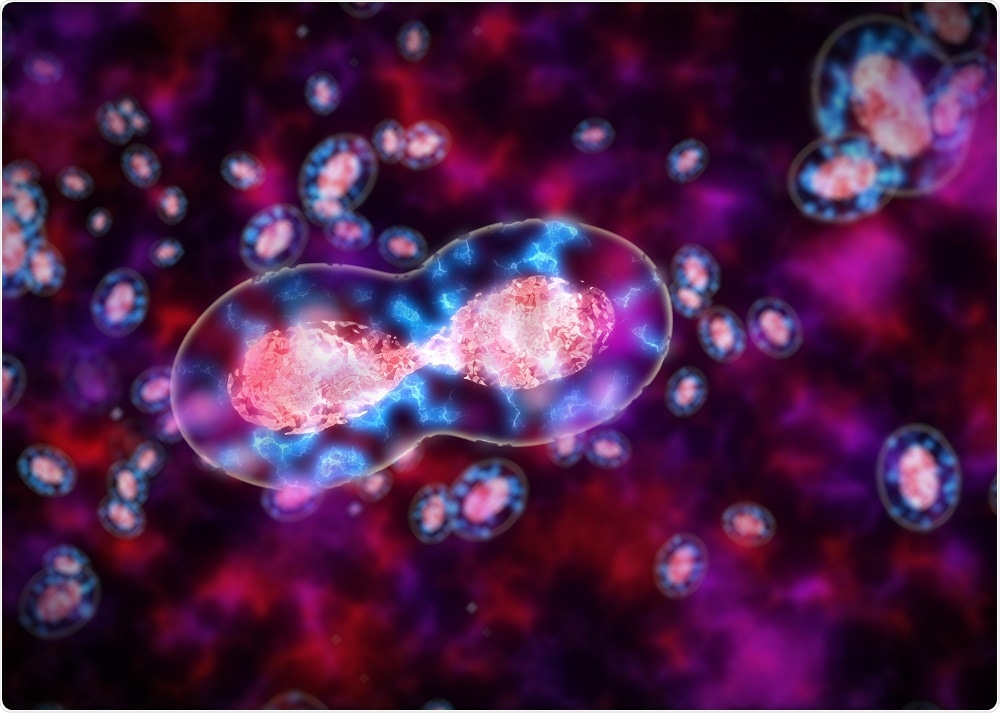Researchers from the University of Luxembourg have developed a computational platform that predicts how one subtype of cells can be converted into another subtype.
 Image Credit: klss / Shutterstock
Image Credit: klss / Shutterstock
According to study author Professor Antonio del Sol, the method has “great potential for regenerative medicine when it comes to replacing cell subpopulations that have been lost in the course of disease, for example.”
Together with colleagues from the Karolinska Institutet in Sweden, the researchers showed that based on their computational predictions, stem cells in the brain could be reprogrammed and converted into another subtype of neurons.
Cells of the same type can have subtle differences in gene expression that significantly alter how they function, giving rise to different subpopulations of cells.
The identity of a particular cell subtype is characterised and maintained by a few interacting regulatory genes. Yet the differences between the subtypes are subtle and difficult to detect using the existing analytical methods.”
Professor Antonio del Sol
To overcome this limitation, del Sol and colleagues created a computational platform called “TransSyn” that makes predictions based on the gene expression of single cells within a population and finds subtle differences between different subtypes of cells.
Researchers know that there are various regulatory genes that work synergistically to characterise a cell subtype.
Once these genes have been identified, researchers can proceed with converting one subtype into another, which they do by applying specific factors to cell cultures that will alter their gene expression.
As reported in the journal Nature Communications, TransSyn’s predictions enabled the team to convert human neuroepithelial stem cells in the hindbrain into dopaminergic nerve cell progenitors in the midbrain that had the ability to form dopaminergic nerve cells.
Now, the team is busy testing the applicability of the platform with American researchers who are interested in converting right ventricle heart cells into left ventricle cells and vice versa.
Source:
https://wwwen.uni.lu/university/news/latest_news/lcsb_researchers_predict_cell_conversion_factors